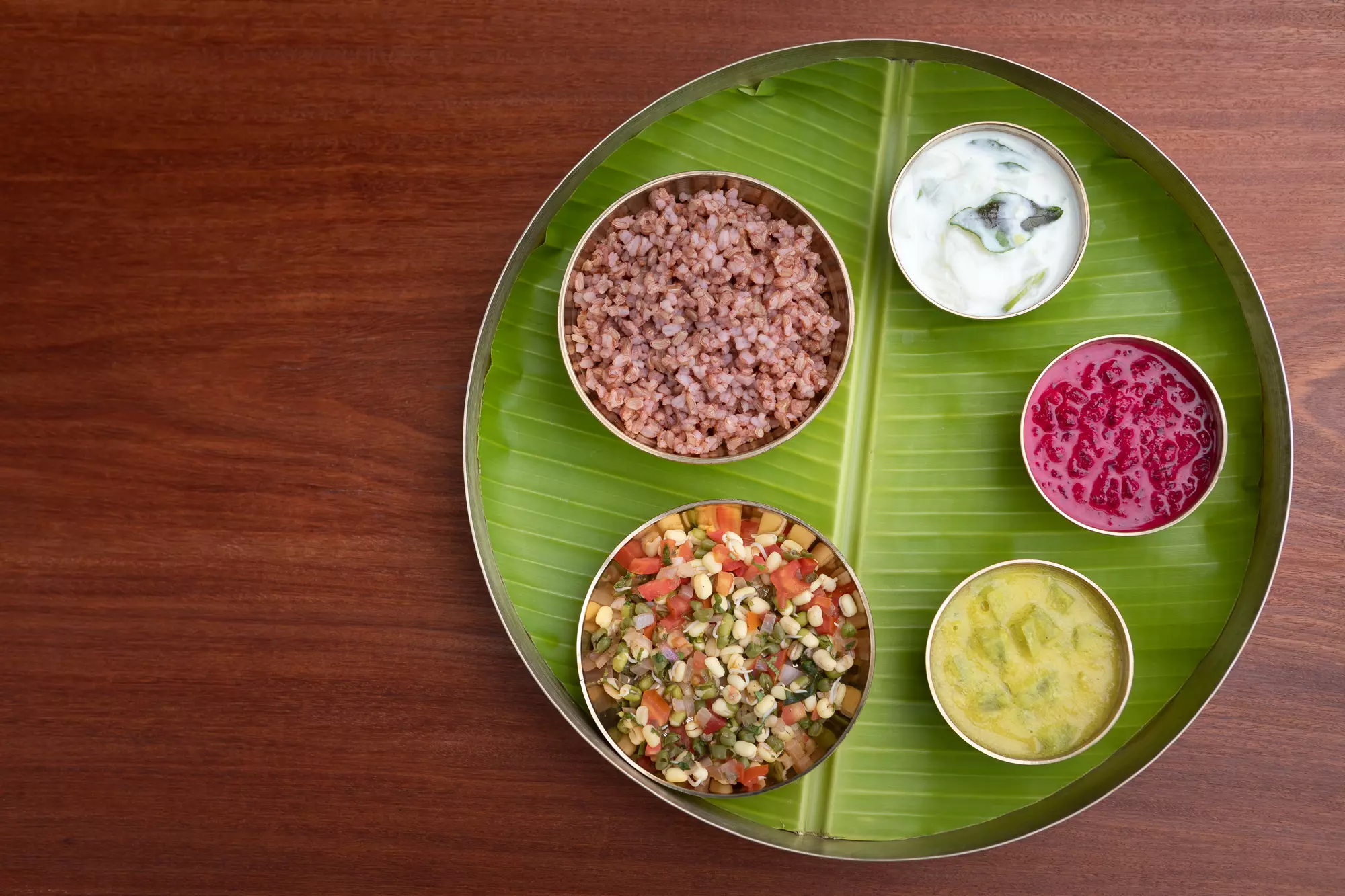Where Food is Medicine: How Mindful Eating Can Transform Your Health

When it comes to Ayurveda, food is not just sustenance; it’s medicine. At a renowned Ayurvedic hospital in Kollam, the culinary approach is deeply rooted in the concept of therapeutic diets. We spoke with Vipinkumar, Manager Food Operations, Kalari Rasayana - CGH Earth Ayurveda Hospital, to gain insights into the hospital’s unique approach to food and its role in the healing process.
According to Vipinkumar, the hospital’s culinary philosophy is centered around the idea that food should be tailored to an individual’s specific needs, taking into account their constitution, health conditions, and treatment goals. This approach is rooted in the concept of “Prana,” or life force, which is believed to be present in all living beings.
“The food we serve is not just about calories or nutrition; it’s about the therapeutic aspect of the diet,” Vipinkumar explained. “For example, if a patient is undergoing a specific treatment, such as Vamana, which involves vomiting to remove toxins, the doctor may prescribe a specific diet the day before, which includes foods that increase Kapha, such as deep-fried lentils and ice cream.”
The hospital’s culinary team works closely with the doctors to create personalised diets for each patient. The menu is designed to promote balance and harmony in the body, taking into account the individual’s unique needs and health conditions.
One of the key principles of the hospital’s culinary approach is the concept of “Ahara,” or diet, which is believed to play a crucial role in maintaining overall health and well-being. Executive Chef M. Nishanth, who earned praises at the Ayush chef competition organised by the government of India at the Global Ayush Investment and Innovation Summit for his millet based food, painstakingly tailors food for each patient in line with the guidelines prescribed by the doctor.
“The hospital’s chefs use only the freshest, organic ingredients, and meals are prepared with love and care, with the intention of nourishing both body and soul,” he says.
The hospital’s dining hall is designed to promote mindful eating, with patients encouraged to savour each bite and pay attention to the sensations in their body. The atmosphere is peaceful and serene, with patients seated in a comfortable, upright position, and encouraged to eat slowly and deliberately.
In addition to the personalised diets, Chef Nishanth also conducts cooking master classes and workshops, where patients can learn about the therapeutic properties of different foods and how to prepare healthy, balanced meals so they can continue eating healthy even after they return home.
For Vipin Kumar, the hospital’s culinary approach is not just about food; it’s about promoting a deeper connection with oneself and the natural world. “When we eat, we are not just nourishing our body; we are also nourishing our soul.”
He also emphasised the importance of adopting a holistic approach to wellness, one that takes into account the interconnectedness of body, mind, and spirit. “We need to respect our body and listen to its needs,” he said. “When we do, we can experience true healing and transformation.”
In a world where food is often viewed as just fuel for the body, the hospital’s culinary approach offers a refreshing alternative. By recognising the therapeutic properties of food and the importance of mindful eating, we can cultivate a deeper appreciation for the role that food plays in our overall health and well-being. As Vipinkumar so eloquently put it, “Food is not just something we eat; it’s a way of life.”
